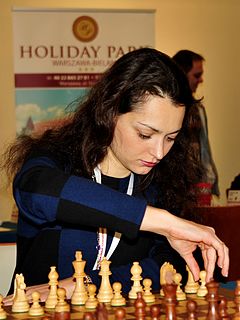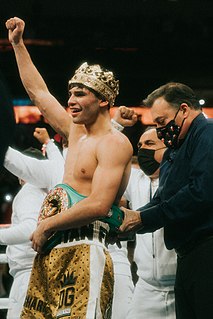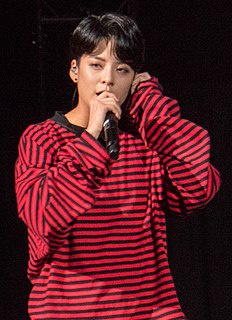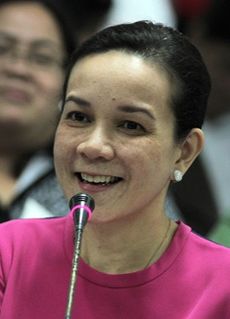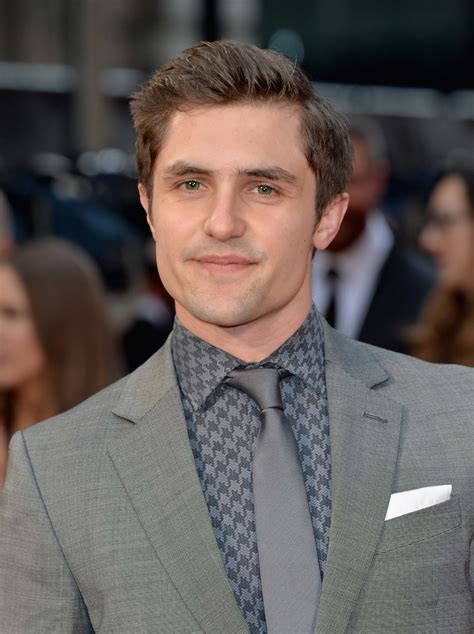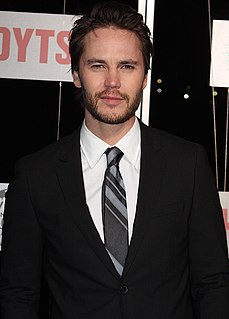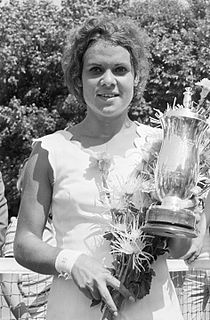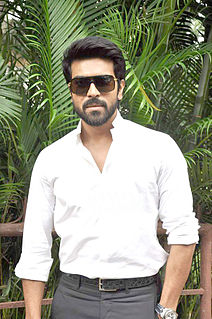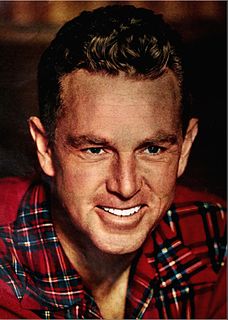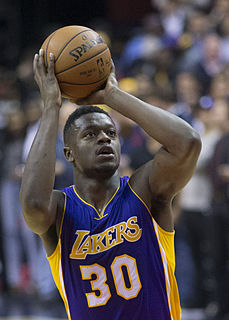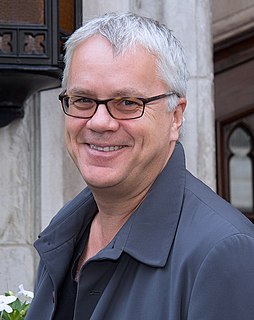A Quote by Alexandra Kosteniuk
My dad sacrificed many things in life for me. He abandoned a very promising and lucrative career of an army officer just so that he could continue helping me with my chess and accompanying me to tournaments.
Related Quotes
Well, I kind of split my life into two pieces. One was where my chess career lies. There, I kept my sanity, so to speak, and my logic. And the other was my religious life. I tried to apply what I learned in the church to my chess career too. But I still was studying chess. I wasn't just "trusting in God" to give me the moves.
I was on an army show, and in the army - especially in Korean culture - there's a very, very strict hierarchy. Obviously, you would not talk informally or disrespectfully to your commanding officer. But me, in my limited Korean, I basically told my commanding officer, 'Thou shalt forget!' The Korean public thought it was really funny.
As a matter of fact, that was a bit of a problem for me at the beginning of my career - the problem of identification. In The Conversation I played a character who was gay, so nobody recognised me from American Graffiti. When I did Apocalypse Now, after Star Wars, I played an intelligence officer of the American army. George Lucas saw the footage I had done and didn't recognise me until halfway through the scene.
I was very lucky to find a career which let me travel, sourcing stores in other countries, just the opportunities of the career in design and finance and all the things that make retailing - my career - interesting to me. That's why I started looking at community responsibility. I felt I should give of myself.
It's hard for me to believe sometimes that my three kids never met my dad. Because one of the things - one of the real blessings to me is that while my dad left this Earth when I was in my 20s, he's just as much a part of, of my life now than he was then, in terms of I often think of my dad. I think of what my dad might do in a certain situation. And so he continues to be, you know, my hero, my role model.
